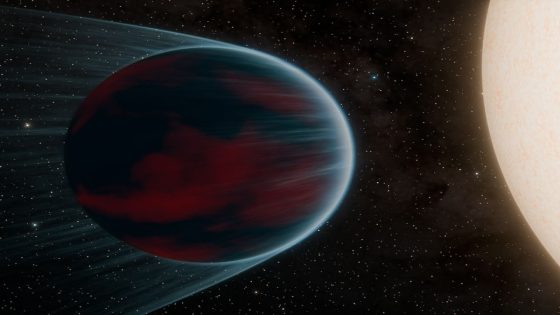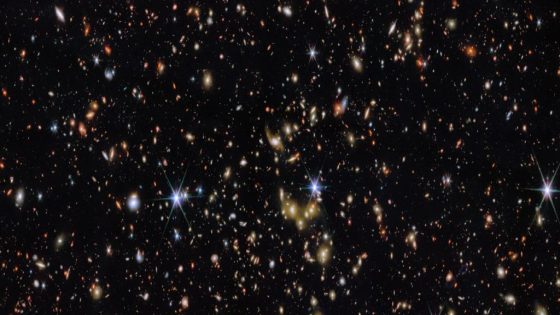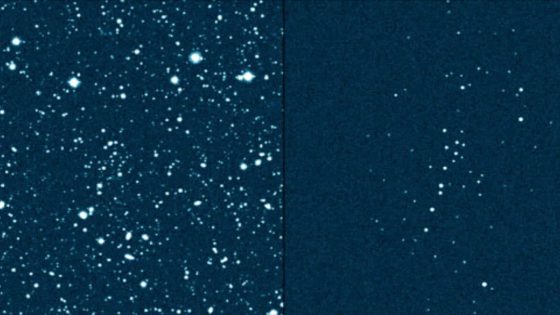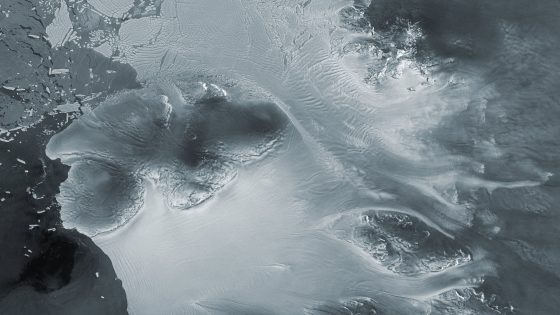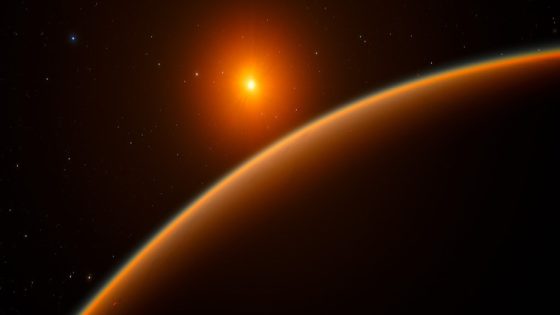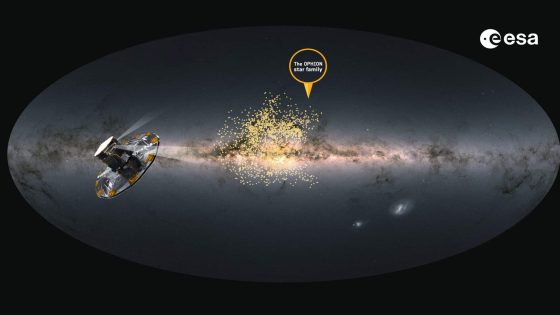Scientists have recently discovered TOI-3261 b, a hot Neptune with an ultra-short orbit, which completes a revolution around its star in just 21 hours. This finding, made on 2025-05-19 15:00:00 using NASA’s Transiting Exoplanet Survey Satellite (TESS), reveals a unique world that challenges our understanding of planetary formation.
- TOI-3261 b is a hot Neptune.
- It orbits its star in 21 hours.
- Rare in the "Neptune desert" region.
- Unusually dense for its size.
- Likely lost its original atmosphere.
- Important for understanding planetary formation.
TOI-3261 b is situated in a cosmic region known as the “Neptune desert,” where Neptune-sized planets are surprisingly rare. Its extreme proximity to its host star results in scorching temperatures, raising intriguing questions about its composition and history.
This discovery prompts US to consider how such an unusual planet formed and evolved. What forces led to its dense structure? Theories suggest that TOI-3261 b may have lost much of its original atmosphere due to intense stellar radiation and gravitational stripping.
- TOI-3261 b may have started as a larger gas giant.
- Intense stellar radiation likely contributed to atmospheric loss.
- Gravitational interactions could have altered its orbit.
As we continue to explore the cosmos with advanced tools like the James Webb Space Telescope, the mysteries of planets like TOI-3261 b may soon reveal more about the universe’s diverse worlds.



